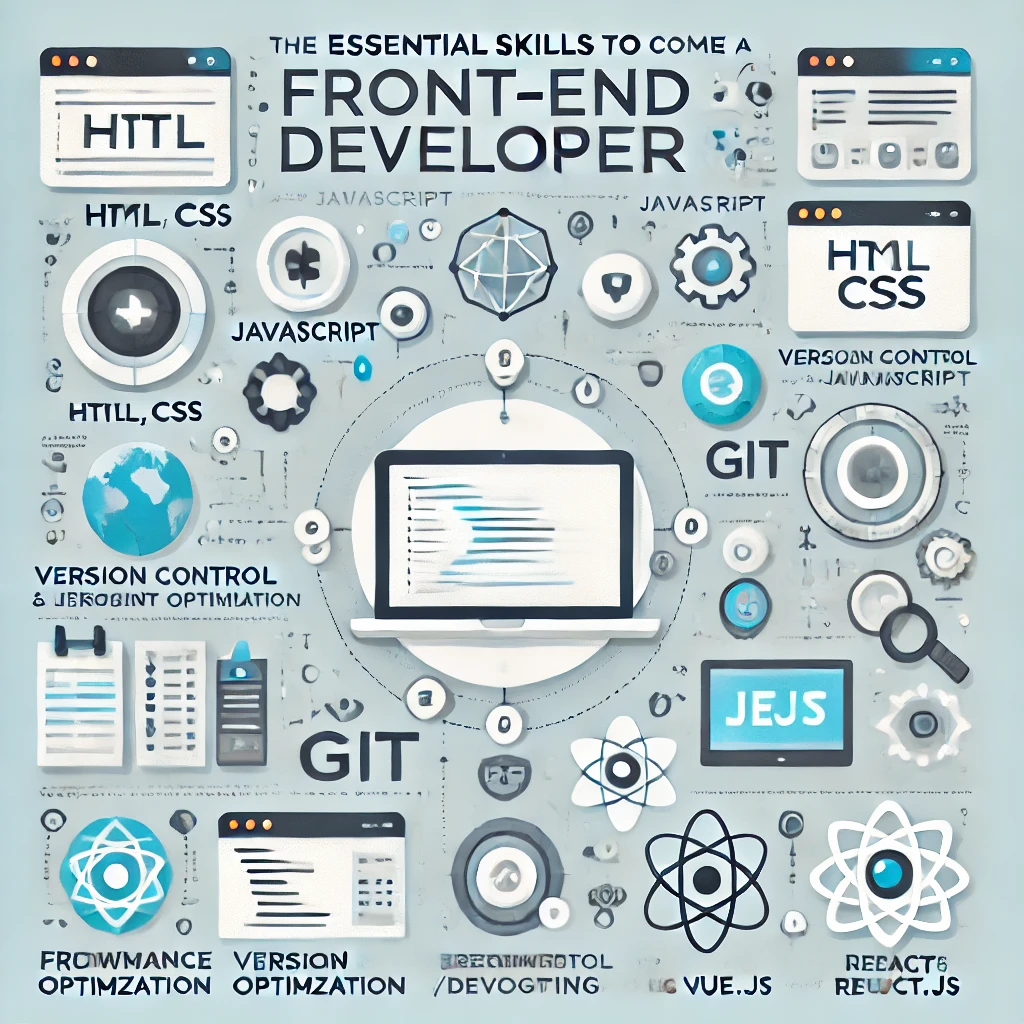Top 10 high-paying jobs in the health sector – The health sector, also known as the healthcare industry, encompasses all organizations, institutions, and resources dedicated to delivering healthcare services. This sector includes a wide range of professionals, from doctors, nurses, and therapists to medical researchers, administrators, and technicians. It operates across various settings, such as hospitals, clinics, laboratories, and even in patients’ homes, providing services that promote, restore, and maintain health.

Introduction For Top 10 High-Paying Jobs In The Health Sector
The healthcare sector continues to grow, offering lucrative opportunities for those with specialized skills and dedication. High-paying healthcare jobs deliver impressive salaries and are vital for patient care and medical advancements.
Surgeon
Primary Responsibilities: Surgeons play a crucial role in diagnosing and treating complex medical issues through surgical procedures. Their responsibilities involves the entire surgical process from preoperative diagnosis to the actual operation and postoperative care. They treat everything from injuries and diseases to congenital conditions, improving and often saving lives. Surgeons typically specialize in areas such as cardiovascular, orthopedic, or neurological surgery, mastering specific procedures within their chosen field.
Essential Skills Needed: A successful surgeon combines manual dexterity with precision and deep medical knowledge. They need strong problem-solving skills, the ability to make quick decisions under pressure, and the ability to maintain excellent focus and stamina. Surgeons must also possess empathy and effective communication skills to provide clear guidance to patients and collaborate with their medical teams.
Required Education/Certification: To become a surgeon requires extensive training, beginning with a medical degree (MD or DO), followed by a multi-year surgical residency, and additional certification in their area of specialization.
Psychiatrist
Primary Responsibilities: Psychiatrists are medical doctors who diagnose, treat, and help prevent mental health disorders such as depression, anxiety, and schizophrenia. They are authorized to prescribe medication and often combine it with various therapeutic techniques to support patients’ mental and emotional well-being. Psychiatrists work in hospitals, private practices, and specialized facilities, often collaborating with psychologists and social workers to provide holistic care.
Essential Skills Needed: Empathy, active listening, and analytical skills are vital. Psychiatrists need to build trusting relationships with patients and stay current on mental health research to provide effective treatment.
Required Education/Certification: Psychiatrists must hold a medical degree, complete a residency in psychiatry, and obtain board certification in their specialty.
Nurse Anesthetist
Primary Responsibilities: Nurse anesthetists are advanced practical nurses who administer anesthesia for surgical, obstetric, and emergency procedures. They work alongside anesthesiologists, surgeons, and other healthcare professionals to ensure safe, pain-free experiences for patients undergoing surgery. Their duties include preoperative assessments, anesthesia administration, and postoperative monitoring.
Essential Skills Needed: paying attention to detail, thorough knowledge of pharmacology, and the ability to remain calm under pressure are essential. Nurse anesthetists must also be skilled communicators, effectively conveying instructions to patients and updates to medical teams.
Required Education/Certification: A Master’s or Doctorate in Nurse Anesthesia is required, along with certification as a Certified Registered Nurse Anesthetist (CRNA).
Orthodontist
Primary Responsibilities: Orthodontists specialize in diagnosing and correcting dental and facial irregularities, primarily through braces, retainers, and other corrective appliances. They work to improve both aesthetics and functionality.
Essential Skills Needed: Precision, problem-solving, manual dexterity, and strong interpersonal skills for patient interaction.
Required Education/Certification: A Doctor of Dental Surgery (DDS) or Doctor of Medicine in Dentistry (DMD), along with specialized training in orthodontics and board certification.
Pharmacist
Primary Responsibilities: Pharmacists are medication experts, responsible for preparing, dispensing, and advising on prescription and over-the-counter medications. They monitor patient medication plans for safety, prevent interactions, and provide counseling on proper medication use.
Essential Skills Needed: Pay a strong attention to detail, analytical abilities, thorough knowledge of drug interactions, and effective communication with both patients and healthcare providers.
Required Education/Certification: A Doctor of Pharmacy (PharmD) degree, as well as state licensure, is required.
Physician Assistant
Primary Responsibilities: Physician assistants (PAs) practice medicine on healthcare teams, working under the supervision of physicians. They perform physical exams, diagnose and treat illnesses, order tests, and prescribe medication, often serving as the first point of contact for patients in clinics and hospitals.
Essential Skills Needed: Having a strong medical knowledge, empathy, decision-making, and communication skills to engage effectively with patients and healthcare teams.
Required Education/Certification: A Master’s degree in Physician Assistant Studies and certification from the National Commission on Certification of Physician Assistants (NCCPA).
Health Services Manager
Primary Responsibilities: Health services managers oversee healthcare facility operations, ensuring efficient management of resources, budgets, and staff. They focus on strategic planning and compliance, managing everything from budgets to quality improvement initiatives.
Essential Skills Needed: Leadership, organizational skills, knowledge of healthcare regulations, and proficiency in budgeting and financial management.
Required Education/Certification: A Bachelor’s or Master’s degree in health administration, business, or a related field.
Nurse Practitioner
Primary Responsibilities: Nurse practitioners (NPs) serve as primary or specialty care providers, diagnosing and treating patients independently in areas such as family medicine, pediatrics, or geriatrics. NPs can prescribe medication, develop treatment plans, and provide preventive care.
Essential Skills Needed: Having strong clinical knowledge, empathy, decision-making, adaptability, and the ability to educate patients about their health.
Required Education/Certification: A Master’s or Doctorate in Nursing Practice (DNP) and board certification in a chosen specialty area.
Physical Therapist
Primary Responsibilities: Physical therapists help patients improve mobility, manage pain, and recover from injuries through exercises, stretches, and hands-on therapies. They create customized treatment plans aimed at restoring function and quality of life.
Essential Skills Needed: Exercising patience, physical stamina, strong interpersonal skills, and an understanding of anatomy and kinesiology.
Required Education/Certification: A Doctorate in Physical Therapy (DPT) and state licensure.
Medical Scientist
Primary Responsibilities: Medical scientists conduct research aimed at improving overall health outcomes by developing new treatments, medications, and diagnostic tools. They work primarily in labs, collaborating with other scientists to drive advancements in healthcare.
Essential Skills Needed: Analytical skills, critical thinking, creativity, and proficiency in laboratory techniques.
Required Education/Certification: A PhD in Biomedical Sciences or a related field, and additional certifications in specific research areas.
Key Qualities of High-Paying Jobs in the Health Sector
High-paying careers in the health sector share several qualities that set them apart from other roles. These jobs require specialized training, advanced skills, and the ability to handle significant responsibilities in environments where the stakes are high. Here are the key qualities that characterize these high-paying health careers:
Advanced Education and Specialized Training
Most high-paying health jobs require extensive education, often including graduate or professional degrees, followed by specialized certifications. For example, surgeons, psychiatrists, and nurse anesthetists complete rigorous training that meets their expertise and clinical judgment, making them highly skilled in their fields.
High Responsibility and Decision-Making Authority
Roles like surgeon, nurse anesthetist, and health services manager carry significant responsibility. Professionals in these positions make critical decisions that directly affect patient safety, well-being, and recovery. Their advanced training prepares them to take swift, precise actions under pressure, whether during surgery or when managing complex patient needs.
Patient Impact and Care Quality
This typically have a direct and profound impact on patient outcomes. For example, physical therapists and psychiatrists work closely with patients to address long-term health issues, helping to improve their quality of life. This patient-centered focus is central to these careers, with high salaries reflecting the value of their work to both patients and healthcare systems.
Demand for Skilled Professionals
With rising healthcare needs moved by an aging population, chronic health issues, and medical advances, there is a growing demand for skilled professionals. Many high-paying roles such as nurse practitioners, physician assistants, and physical therapists are projected to grow rapidly, creating both career stability and the opportunity for competitive salaries.
Commitment to Continuous Learning
The health sector is dynamic, with ongoing research and technological advancements. This roles often require a commitment to lifelong learning through continued education, certifications, and professional development. For instance, pharmacists and medical scientists must stay updated on new medications, treatments, and research breakthroughs to provide the best patient care or contribute to scientific advancements.
Challenges and Rewards of High-Paying Jobs in the Health Sector
Working as an health practitioner is rewarding, but it comes with unique challenges. Here are some of the main challenges faced by professionals in these roles:
Long and Irregular Hours: Many health roles, like surgeons and emergency care providers, require extended shifts, night shifts, and on-call hours, which can affect work-life balance and increase stress.
High Responsibility and Pressure: These jobs often involve making quick, high-stakes decisions that directly impact patient lives. Surgeons, anesthetists, and psychiatrists, for instance, are responsible for critical decisions that can have lasting consequences on patient health.
Emotional and Physical Demands: Dealing with severe injuries, life-threatening conditions, and emotional patient situations can be physically and emotionally draining. Mental health professionals, in particular, often manage heavy emotional burdens when working with patients in crisis.
Continuous Learning and Skill Maintenance: High-paying health sector roles demand ongoing professional development to keep up with medical advancements, technologies, and updated best practices. This means additional coursework, certifications, and keeping up with the latest research, all of which require time and dedication.
Exposure to Occupational Hazards: Healthcare workers, including surgeons and pharmacists, are often exposed to hazards like infectious diseases, radiation, or physical injury. Rigorous safety protocols help, but the risk remains a part of daily work.
Conclusion On Top 10 High-Paying Jobs In The Health Sector
The health sector offers numerous high-paying career options for those with the passion, dedication, and qualifications to succeed. From direct patient care roles like nurse anesthetists and physical therapists to behind-the-scenes positions such as health services managers and medical scientists, these careers provide not only financial stability but also a chance to make a meaningful impact on people’s lives. Pursuing any of these roles can be demanding, but the rewards both personal and professional make the journey well worth it.












